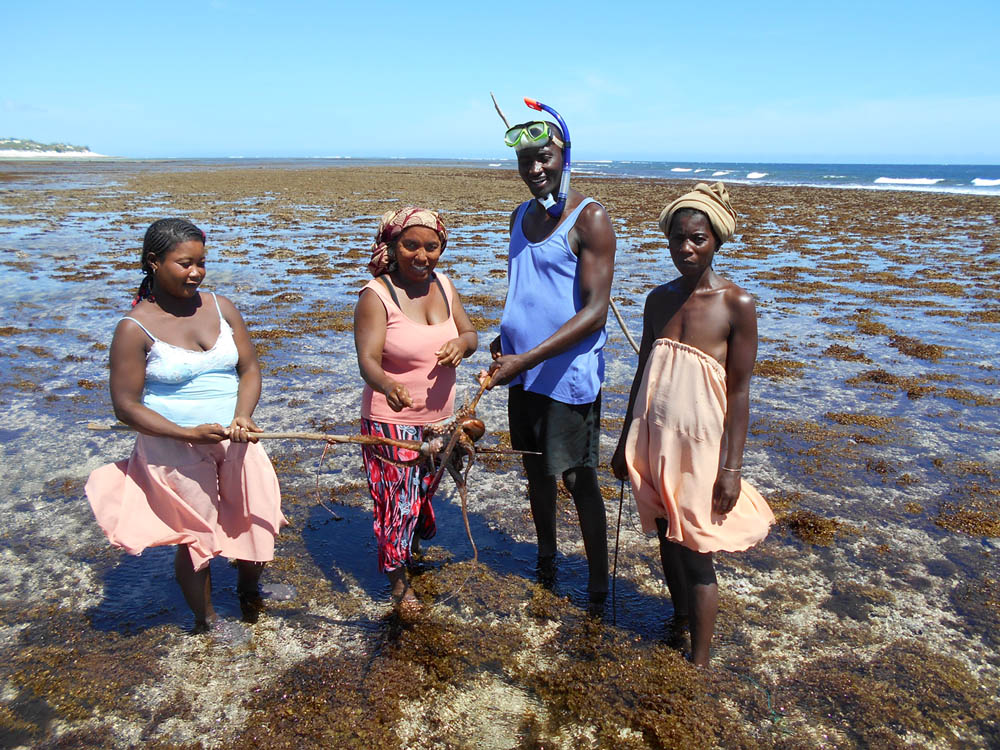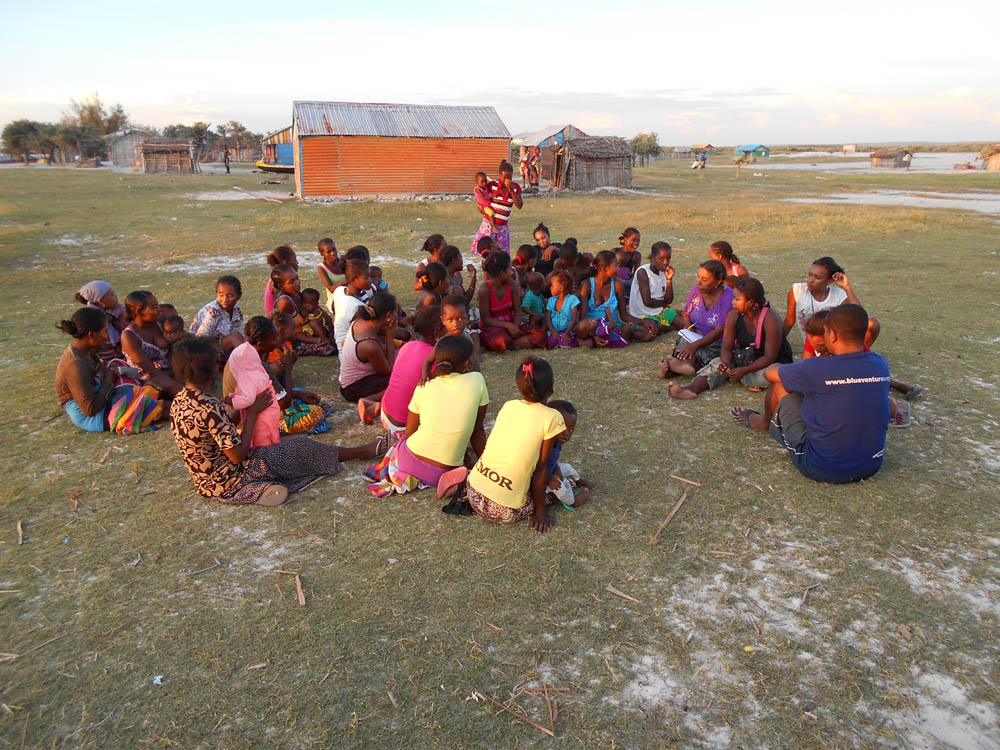


Fishers from target communities visit other communities already implementing temporary fishery closures or other marine management strategies. By learning directly from the real experiences of fishers from similar backgrounds to themselves, target communities realise that this is something that they can adapt to their own contexts. Experienced communities often recount not only the benefits but also the challenges that they have faced in implementing community management and thus allow new communities to prepare for, or even avoid these challenges themselves.
- Funding to support a fisher-fisher exchange - An initial management interest in the visiting/target community - Key fishers representatives / respected spokespeople from visiting communities to lead discussions in their home communities - An honest and supportive hosting community with relevant experience - Planned follow up after the exchange
Follow up after a peer exchange trip is crucial. The supporting organization must ensure that participants have understood key messages from the host community, synthesized what they’ve learned and are comfortable leading discussions in their home communities. Participants in the exchange trip should be community members who are legitimate in the eyes of fishers (i.e. fishers themselves) and respected. It is also helpful to have participants who are known as being sceptical and asking difficult questions –these types of people will often be the hardest to convince and the first to oppose the establishment of a closure, so having them in support of the closure from the start is a big advantage.